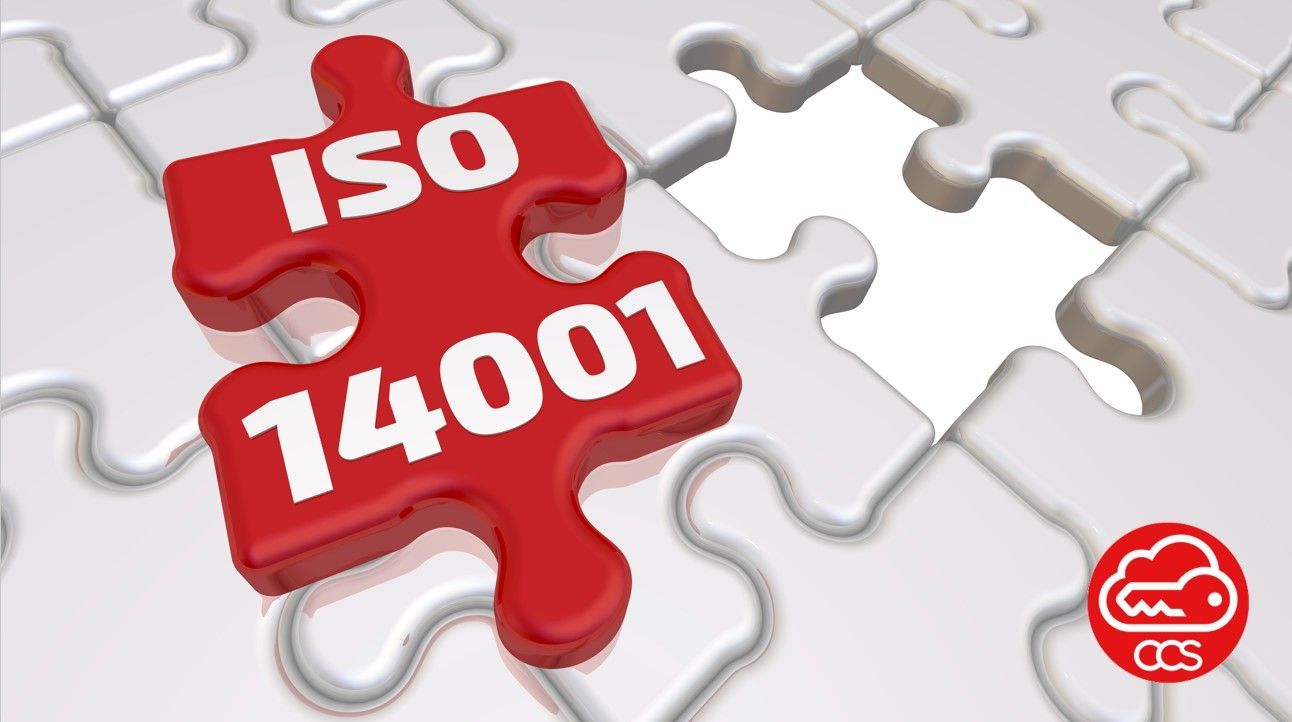The Crucial Role of ISO 14001 in Ensuring Business Compliance with Environmental Regulations.
In an era of growing environmental concerns, businesses are facing increasingly stringent regulations related to sustainability and environmental protection. Compliance with these regulations is not only essential for meeting legal requirements but also for safeguarding the environment, minimising risks, and maintaining a positive reputation.
However, navigating the complex landscape of environmental regulations can be challenging for organisations without proper guidance. This is where the ISO 14001 standard proves invaluable. ISO 14001 provides a structured framework for businesses to establish effective environmental management systems, ensuring compliance with regulations and fostering sustainable practices. In this article, we delve into the crucial role of ISO 14001 in enabling businesses to understand, meet, and exceed environmental regulations while highlighting the potential consequences of non-compliance.
Understanding ISO 14001:
ISO 14001 is an internationally recognised standard for environmental management systems (EMS). It provides a framework that enables organisations to establish, implement, maintain, and continuously improve their environmental management practices. By adhering to ISO 14001, businesses can effectively identify, control, and mitigate the environmental impacts of their operations, while ensuring compliance with relevant regulations and fostering sustainability.
The Importance of Compliance:
Complying with environmental regulations is essential for businesses to avoid legal and financial risks and to maintain their reputation. Non-compliance can result in severe consequences, such as hefty fines, legal issues, operational disruptions, and even the suspension of business activities. Additionally, businesses failing to meet environmental obligations may face public scrutiny, damaging their brand image and consumer trust. Therefore, having a comprehensive understanding of applicable regulations and implementing appropriate measures is crucial.
Examples of Environmental Regulations and Compliances:
- Emission Standards:
- Many countries have stringent regulations concerning air emissions from industrial activities. These regulations establish limits on pollutants, such as particulate matter, sulphur dioxide, nitrogen oxides, and volatile organic compounds. Without ISO 14001, businesses may struggle to monitor and control their emissions effectively, potentially exceeding legal limits and facing penalties.
- Hazardous Waste Management:
- Proper handling, storage, and disposal of hazardous waste are critical to protect the environment and human health. Environmental regulations outline specific requirements for waste classification, storage conditions, transportation, and disposal methods. Without ISO 14001, businesses may lack the necessary protocols to manage hazardous waste compliantly, risking environmental contamination and non-compliance penalties.
- Water Resource Management:
- Regulations related to water resource management govern the usage, discharge, and protection of water sources. Compliance requirements include monitoring water quality, minimising water consumption, and implementing measures to prevent contamination. ISO 14001 assists businesses in developing sustainable water management practices, ensuring adherence to regulations and reducing the risk of water-related violations.
- Chemical Substance Control:
- Various countries have regulations concerning the use, storage, handling, and disposal of hazardous chemicals. Compliance with these regulations often involves proper labelling, training, risk assessments, and reporting. ISO 14001 can help businesses establish robust chemical management systems, ensuring compliance with applicable regulations and safeguarding against potential risks.
- Biodiversity and Natural Resource Conservation:
- Preserving biodiversity and natural resources is a global priority. Regulations may require businesses to conduct impact assessments, implement conservation measures, and adhere to specific land-use restrictions. ISO 14001 facilitates the integration of biodiversity considerations into business operations, promoting sustainable practices and compliance with environmental conservation regulations.
Environmental regulations pose significant challenges to businesses, necessitating a proactive approach to compliance. ISO 14001 serves as a valuable tool for organisations, enabling them to understand, meet, and exceed environmental regulatory requirements.
By implementing an effective environmental management system aligned with ISO 14001, businesses can mitigate risks, avoid penalties, preserve their reputation, and contribute to a sustainable future. Embracing ISO 14001 not only ensures compliance but also fosters a culture of environmental responsibility and innovation within organisations, enabling them to thrive in an increasingly environmentally conscious world





